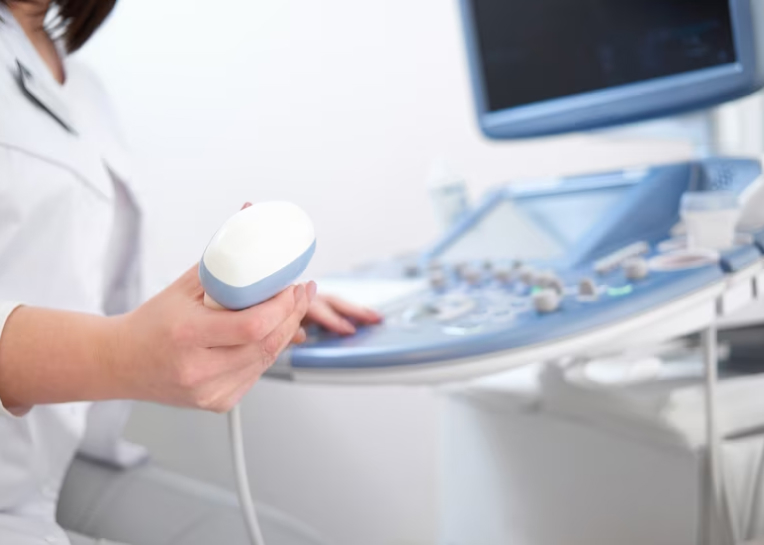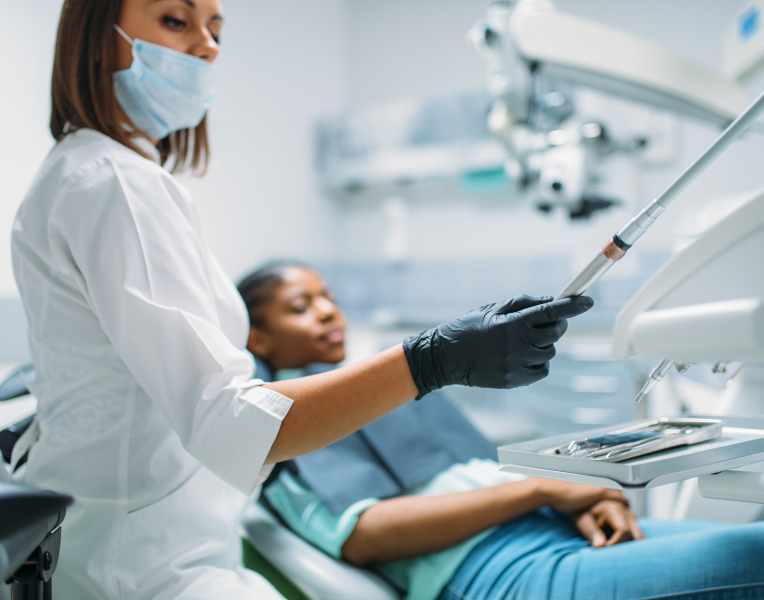Gynecologist in Harlem
Caring for women’s health is our specialty at Great City Medical. If you have any reproductive health concerns, Dr. Yelena Tsyba is a board-certified provider who is happy to help. Here at our address at 68 E 131st St, New York, NY 10037, we border between East Harlem and Central Harlem. We’ve been serving the community in and around this area for years now.
Whether you’re looking for a standard annual gynecologist exam or surgical procedures, we can perform all our services at our state-of-the-art medical center and provide you with the quality gynecologic care you deserve. We provide health care services to women of all ages via GYN care.
If you are looking for the best gynecologist in the Harlem, you’ve come to the right place!

Harlem GYN
services
Full Range
of Women’s
Health Services
- Infertility
- Family Planning and Birth Control
- IUD Insertion and Removal
- Fibroids
- Gynecological Surgeries
- Pap Smear and Pelvic Exam
- Urinary Incontinence
- Menstruation Care
- Endometriosis
- Annual Gynecological Service Exams
- Colposcopy
- Ovarian Cancer
- Pelvic Organic Pregnancy
- Uterine bleeding
- Breast Cancer
- Reconstructive surgery
- Menopause Management
- Cancer Screenings
- Breast Exams
- Leep
- Dilation and Curettage (D&C)
- Pelvic Pain
- Any other health issues

Harlem GYN
Gynecological Exam
There are several procedures included in the annual gynecology checkup. They’re all fairly quick, but each is important in its own way. There are four total parts, and each plays an important role in evaluating your overall health. These parts are as follows:
One part of the process is the pelvic exam. To begin, you’ll be lying on an examination table. Once you’re as comfortable as possible and the doctor gets your consent, the exam can begin. If you opted for any third person to accompany you during the exam, they will be situated in a position that maintains your personal privacy. During this process, it’s best to relax as much as possible to prevent tensing your muscles and limit the discomfort as much as possible.
Your doctor will examine the vulva and the labia first to see if there are any signs of abnormalities. These can include various signs of irritation, swelling, redness, and sexually transmitted diseases. Once the external examination is finished, your doctor will use a medical instrument called a speculum to examine the interior of the vagina. Once in place, the device will be opened, allowing the doctor to examine the cervix.
After the initial pelvic exam, your doctor will proceed with the pap smear while the speculum is in place. This procedure takes samples of your cervical cells to test them for cancer, precancerous abnormalities, and certain sexually transmitted diseases such as human papillomavirus. Once it’s complete, the cell sample will be sent to a lab for analysis. After that, you should get the results back within two weeks.
The importance of pap smears for women cannot be understated. Pap smears are important to catch any abnormalities early to prevent any major problems in the future. Cervical cancer is one of the most common forms of carcinoma in the United States. If it is not detected early, it can spread and impact your overall health leading to hysterectomy.
To conclude this test, your doctor will perform a quick bimanual exam to check your uterus and ovaries. The speculum is removed and the doctor will then insert a lubricated and gloved finger into your vagina and press down on your stomach with the other hand.
As part of your primary care, the next step is the breast exam, and this is easy. Your doctor will palpate your breasts to find any lumps, discharge, or abnormal thickening. You shouldn’t feel any pain from this exam, and your gynecologist can even show you how to give yourself a monthly personal breast exam.
Typically, you’ll have to provide a urine sample during your visit. This is to check for various factors, including your kidney health and any potential infections. Additionally, a pregnancy test may be run.
How Do I Prepare for My Harlem Gynecologist Exam?
Preparing for a gynecologist exam is fairly easy. There are just a few precautions you should keep in mind to ensure you get the most out of your exam. First and foremost, don’t schedule your exam during your period. Blood can interfere with the exam and compromise the results of certain tests. There are exceptions, however, if you experience irregular or heavy periods. Just make sure you call your doctor if you’re unsure if you qualify as an exception.
Additionally, it’s best to hold off on any major personal grooming before your exam. Certain hair removal techniques can cause inflammation which makes the exam more challenging. Make sure you don’t douche. Examining discharge is part of the process, and it’s essential for evaluating hormonal balance. Changing that before your appointment can throw off the accuracy of your results.

Harlem GYN
what people say about us